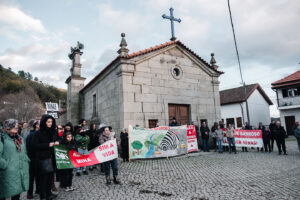FS 3.175: Adding value to the wool: which opportunities for mountain regions?
Details
Full Title
Adding value to wool, from globalization to the circular economy: which opportunities for mountain regions?
Scheduled
—
Convener
Co-Conveners
Assigned to Synthesis Workshop
—
Categories
Agriculture, Socio-Ecology, Sustainable Development, Others
Keywords
wool processing, circular economy, sheep-breeding
Description
Wool processing is a traditional activity in many mountain regions. Since the 19th century, this activity became increasingly industrialized, in a context of globalized trade. Finally, at the beginning of the 21st century, industrial wool processing activities were concentrated in Asia. In Europe, this industry has almost disappeared, except for a few specialized centers. However, since the 1970s, the valorization of wool generate more and more initiatives based on social and territorial innovation. The resource, still present in sheep-breeding regions, remains rich in craft skills which a growing number of stakeholders are interested in developing. Since the health crisis of 2020, European wool, mainly exported to Asia, has lost access to Chinese market. Since then, in European sheep farms, wool has often been considered a waste product, due to the lack of organized value chains. But wool is an interesting material, as it can be used for many purposes (textiles, insulation, mulching, etc.). The quality of wool varies according to species, breed, rearing conditions. This session aims to address this questions: What are the opportunities for mountain regions in terms of local development and economy when it comes to (re)building regional wool production and value-adding circuits? How can wool contribute to the circular economy and eco-responsible economic development? What role does wool play in farming systems, and how can we move from a constraint to a diversification opportunity for farmers?


